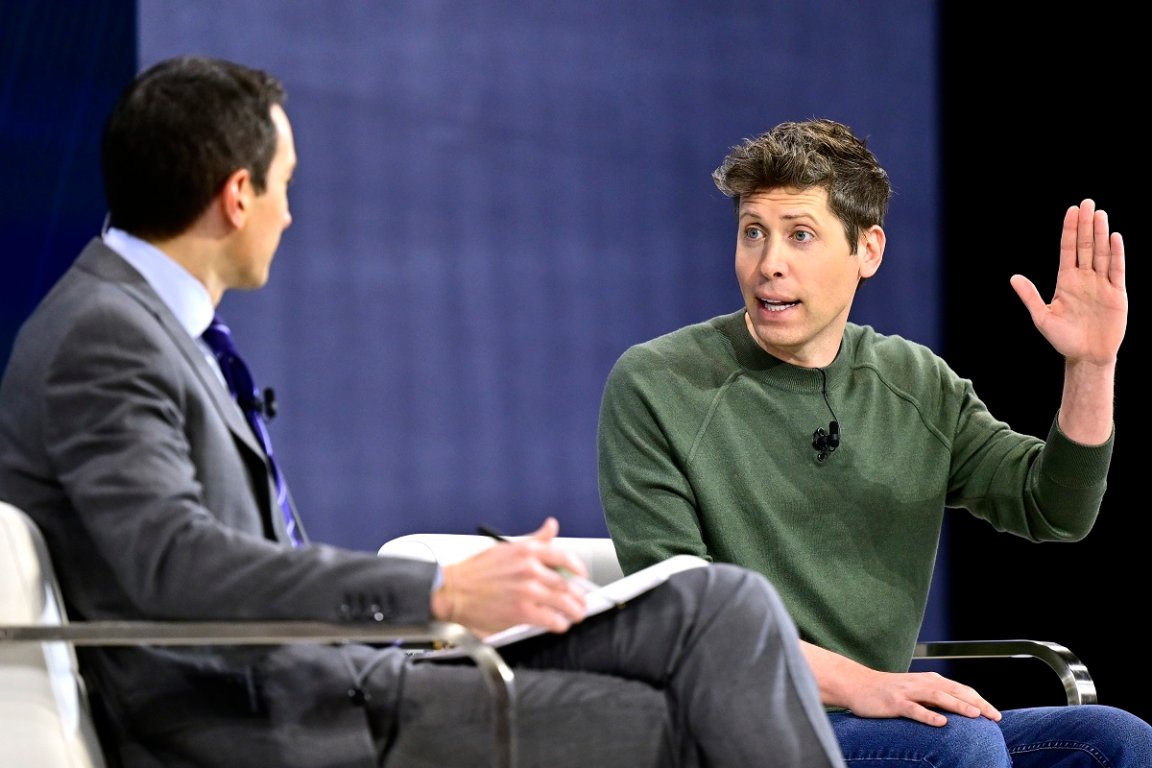
Fund and Games
The former entirely-nonprofit-company known as OpenAI says it needs a boatload of more cash as it plans to transform its corporate structure to prioritize making money.
In an announcement Friday, the ChatGPT maker argued that by creating a for-profit corporation to control its commercial enterprises, it can make the dough it needs to keep up with other leading AI developers.
“The hundreds of billions of dollars that major companies are now investing into AI development show what it will really take for OpenAI to continue pursuing the mission,” OpenAI’s board of directors wrote in a blog post.
“We once again need to raise more capital than we’d imagined,” they continued. “Investors want to back us but, at this scale of capital, need conventional equity and less structural bespokeness.”
Altruism Truant
The announcement confirms reports in September from the Financial Times and others that OpenAI was finally moving to drop its original nonprofit status that it was founded with. At the time, OpenAI denied the reports and upheld the nonprofit arm as “core” to its mission.
Now, with its newly proposed corporate structure, the Microsoft-backed startup won’t be ditching its nonprofit aims entirely, but it’s fair to say that altruism will no longer be the sole priority.
The restructuring calls for its existing “capped-profit” arm to be transformed into a Delaware-based public benefit corporation, a type of corporate entity whose goals are ostensibly to serve the benefit of society while generating profits.
The newly-christened corporation, which will have “ordinary shares of stock,” will control all of OpenAI’s operations and business, while the non-profit side will be in charge of hiring a leadership team and staff to pursue its charitable initiatives. In effect, the for-profit arm will be gaining far more power than it once had, if not all practical means of control.
Shareholder Value
OpenAI frames this as a “stronger non-profit supported by the for-profit’s success,” but it’s clear which side the division of power favors.
“The key to the announcement is that the for-profit side of OpenAI ‘will run and control OpenAI’s operations and business,'” Gil Luria, analyst at investment DA Davidson & Co, told Reuters. “This is the critical step the company needs to make in order to continue fund raising.”
The startup’s gripe with its current structure is that it doesn’t “allow the Board to directly consider the interests of those who would finance the mission and does not enable the nonprofit to easily do more than control the for-profit.”
The upshot is that OpenAI wants to court more backing by showing investors that they can now make more returns on the money they put in. As profits on expensive large language models remain elusive, OpenAI has depended on these investments, and especially the munificent backing of Microsoft, to fund its AI development. Its latest funding round secured over $6.6 billion in investment.
The restructuring could run into legal hurdles, however. Earlier this year, Elon Musk sued OpenAI, which he helped cofound in 2015, for pursuing profits over benefiting humanity — and has attempted to block its formal transition into a money-making corporation in court.
More on OpenAI: OpenAI’s Sora Is Generating Videos of Real People, Including This Unintentionally Demonic Version of Pokimane